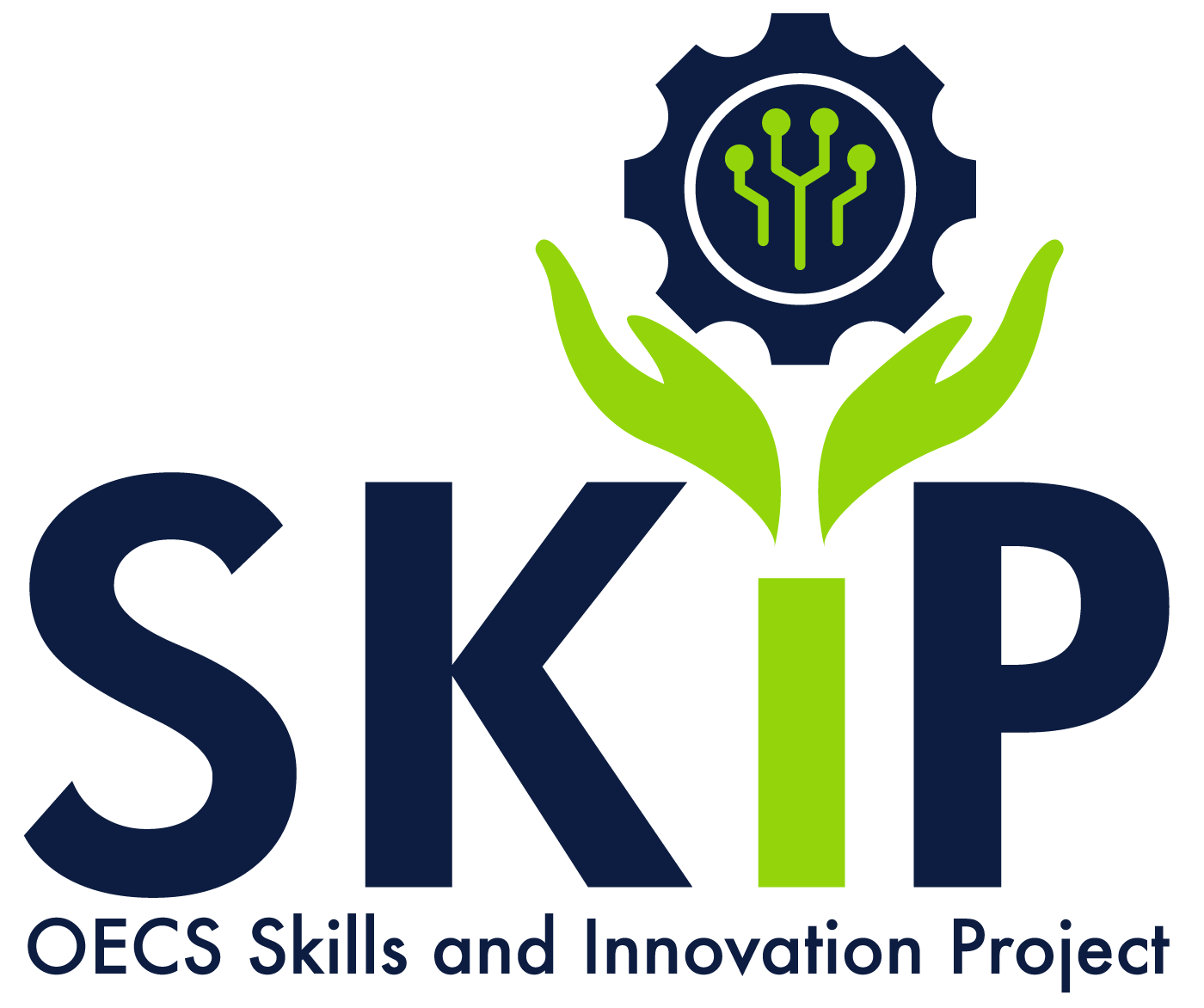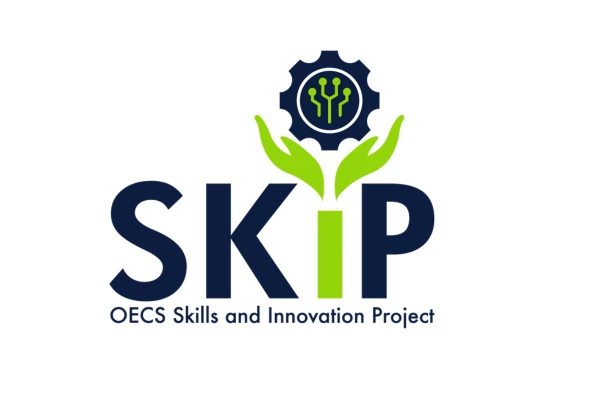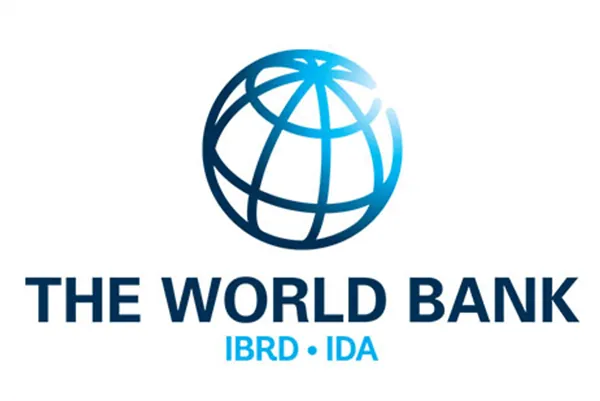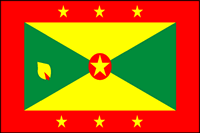OECS Skills and Innovation Project (SKIP)
OECS Skills and Innovation Project (SKIP)
Post Secondary Education is crucial for enhancing skills, growth, and productivity, which are essential for the OECS region's development in today's global knowledge economy. Despite this, post secondary education in the region faces significant challenges in providing the knowledge and skills that our Caribbean youth need to thrive in the 21st century. The region grapples with high graduate unemployment, low enrollment in science, technology, engineering, and creative industry programs, restrictive governance, limited research, and a lack of programs focused on the blue and green economies.
To address these gaps, the OECS Commission, through its Education Development Management Unit (EDMU), in collaboration with the Ministry of Education, Sustainable Development, Innovation, Science, Technology and Vocational Training of Saint Lucia and the Ministry of Education, Youth, Sports & Culture of Grenada has conceptualized and launched the OECS Skills and Innovation Project (SKIP).
This initiative, funded by the World Bank through an International Development Association (IDA) grant, seeks to strengthen post-secondary education frameworks and build a future-ready workforce for OECS Member States and beyond.

News
Overview of the Project
The OECS Skills and Innovation Project (SKIP), a six-year initiative funded by a $36 million United States Dollars World Bank grant, aims to enhance the quality and relevance of post-secondary education programs, including those in Technical and Vocational Education and Training (TVET), thereby improving skills development and employment prospects within the Caribbean region. SKIP is intended to improve youth employability by strengthening post-secondary education frameworks, enhancing technical and transversal skills, promoting regional collaboration in education, and supporting innovation. Aligned with the OECS Education Sector Strategy (2012-2026), the project emphasizes collaboration and harmonization in education, setting a foundation for regional growth through innovation and technology integration while prioritizing skills for the future.
Through its four key components, OECS SKIP will impact 40,000 youths (aged 18 to 34) enrolled in post-secondary institutions across the OECS region. Of these, 10,000 will be from the participating OECS countries (Grenada and Saint Lucia) and will benefit from regional interventions designed to foster collaboration in post-secondary education and provide new tools for assessing priority skills. Additionally, the project will engage 120 firms and entrepreneurs in collaborative innovation projects and increase OECS non-national participation in post-secondary education exchanges by 50%.
Key focus areas of the project include:

Collaboration
Regional collaboration and entrepreneurial innovation.

Advancing
Advancing youth transversal skills.

Enhancing
Enhancing education and training spaces and modules.

Promoting
Promoting blue and green economies.

Education
OECS Virtual Campus and OECS Education Management Information System (EMIS).

Resources
Access more resources on Skill and Innovation in the Eastern Caribbean via the OECS Library.
Partners
The OECS Skills and Innovation Project is coordinated through a Regional Project Implementation Unit (RPIU) based within the OECS Education Development Management Unit (EDMU). The National Project Implementation Units are located within and supervised by the Ministries of Education in the participating countries of Grenada and Saint Lucia. They are both supported by their respective Innovation Units and TVET institutions.



Contacts

Mr. Ralmore Richardson
Programme Assistant

Use the Grievance Redress Form to Report concerns or complaints related to the SKIP Project



